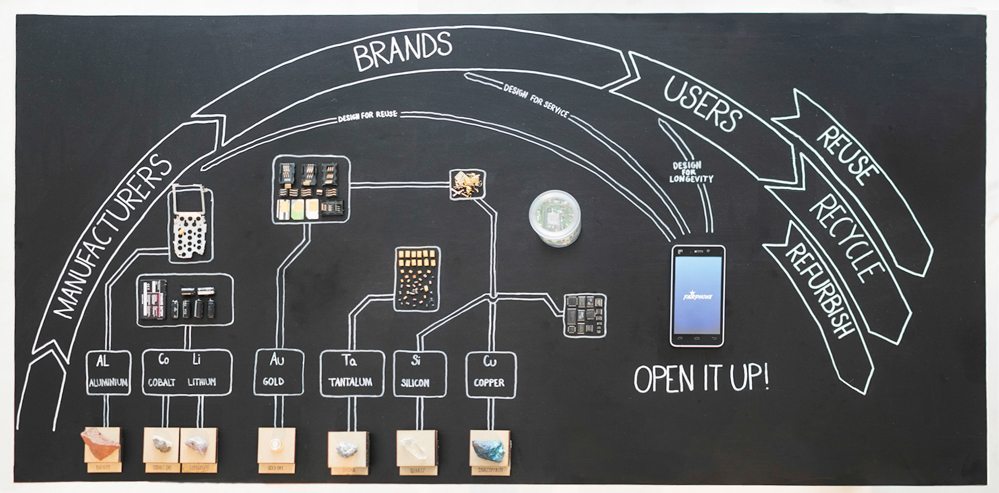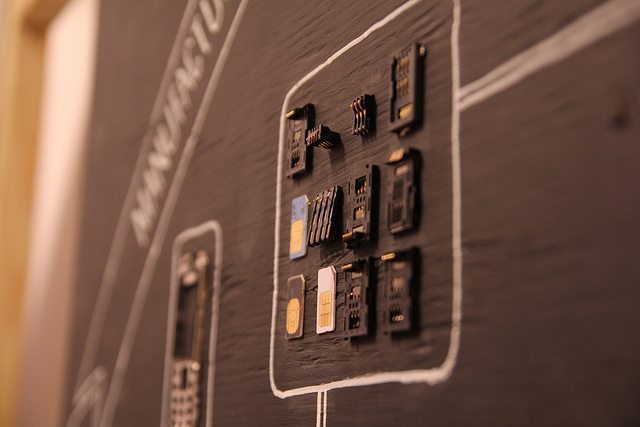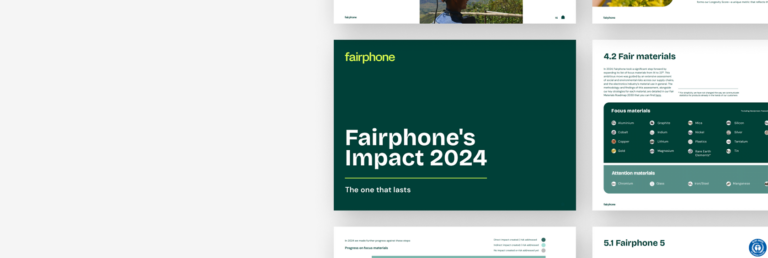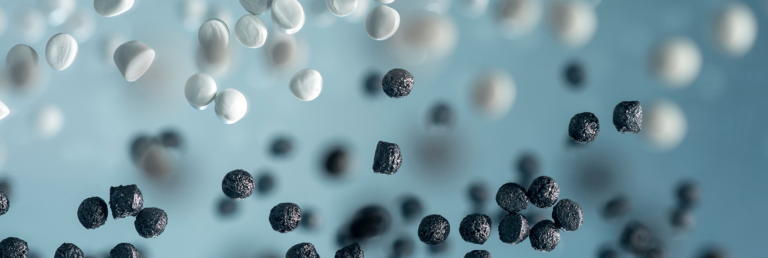Our Approach to Research: Forming Working Groups
While the first Fairphones are in the final stages of production and approaching the assembly period, some of us on the team are already trying to actually « quantify » the potential impact of the Fairphone and engage in many research trajectories. Yes, we know that most of you would like to hear more about your phones! But this research is vital to making sure we reach our larger mission, which takes us beyond just producing a phone – into finding out how a smartphone is produced, the kind of social and ecological challenges that are associated with production, and what potential solutions and alternatives exist. In this blogpost, I want to share some insights and updates about the way we approach research and explain how we are setting up working groups to assist us in the interventions we are making.
Research efforts range from in-depth, multi-disciplinary case studies to high school and undergraduate class reports. These projects present a wide range of questions that vary from Fairphone’s value-based business model to the Fairphone’s ecological footprint. We’d like to participate in all of these projects, but unfortunately, need to be selective given our tiny team and huge goal.
Internal Research
Our main focus is currently on our internal research, for which we are setting up working groups.
These groups of experts will help Fairphone with relevant knowledge and practical input to take sustainable and ethical considerations into account in our decision-making around the sourcing, production, design and recycling of the smartphone.
These groups include several individuals with expertise on social, ecological, sustainable, ethical but also business, engineering, design, sourcing; issues Fairphone is trying to address. Participants come from the civil society, science and academia, NGOs, the business world and so on. They have shown a willingness to be involved in our activities over the past months and are dedicating their time to advise us. We talk with them on a regular basis and jointly write strategies and action plans. We are still finalizing some of these groups and will elaborate more on each of them as we confirm the participants and define our research questions.
Overall, the issues that the working groups look at can be divided at this moment into three main areas: responsible sourcing from the Democratic Republic of Congo (DRC), the working conditions in the assembly lines in China, and Fairphone’s overall environmental impact.
Our LCA working group: Who is part of it?
In just this one post, I can’t go into detail of each of these working groups (they all deserve their own separate posts!) but I want to illustrate just one as an example. I’ll be giving some brief details of the environmental impact working group – working on the Life Cycle Assessment (LCA) – that we started in July. Take a refresher by reading this post.
After receiving many research requests and cooperation offers since the start of the enterprise, we tried to categorize these requests into possible action areas, then we had initial internal meetings to further specify the questions that we want to answer. When we more or less clarified our goals, possible working schedule, tasks and so on, we invited all relevant experts to join in the discussion by sharing an Introductory document with them, for which they offered their recommendations. Via conference calls, e-mail conversations and meetings, we agreed about practical things like document sharing, workload and communication to move forward with the organization and actions of the working group.
What other working groups are there and what are they doing?
I hope from this example of a Fairphone working group, you get an idea of the approach and types of research paths that we are on. We will address the two other working groups with their own blog posts – so soon you will learn more about our work in the Democratic Republic of Congo with the « spectroscopy » and determining the value of minerals (which we introduced in this post). As well as go into detail about the social assessment performed at our production partner’s factory in China – with the results of the work by the independent social assessment organization, TAOS. They introduced themselves here, and we’re very eager to share more updates about the progress of these two working groups going forward in the coming months.
Until then, I hope I’ve given you a good introduction to our research approach and the current working groups that we’ve established at the company. Any interested researchers can discuss in the comments below, or send me a mail directly. Happy researching!




